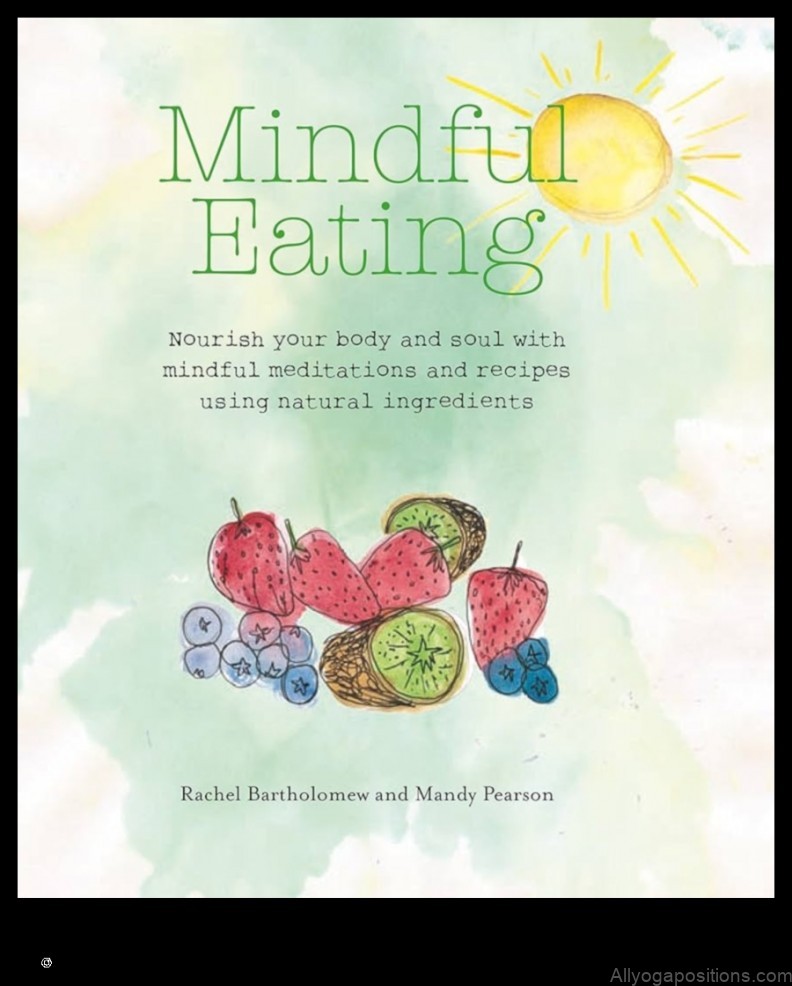
Meditation and Mindful Eating: Nourishing the Body and Soul
Meditation and mindful eating are two powerful practices that can help you to improve your health and well-being. Meditation can help you to reduce stress, anxiety, and depression, and it can also improve your focus and concentration. Mindful eating can help you to eat more mindfully, which can lead to weight loss, improved digestion, and a healthier relationship with food.
In this article, we will discuss the benefits of meditation and mindful eating, how to practice them, and how they can help you to manage stress, anxiety, and other health conditions.

Benefits of Meditation and Mindful Eating
Meditation and mindful eating have a number of benefits for both physical and mental health. Some of the benefits of meditation include:
- Reduced stress and anxiety
- Improved focus and concentration
- Increased happiness and well-being
- Improved sleep
- Reduced pain
Some of the benefits of mindful eating include:
- Eating more mindfully
- Reduced stress and anxiety
- Improved digestion
- Weight loss
- A healthier relationship with food
How to Practice Meditation and Mindful Eating
Meditation and mindful eating are both relatively simple practices to learn. However, it does take some time and practice to get the hang of them.
Here are some tips for practicing meditation and mindful eating:
- Find a quiet place where you won’t be disturbed.
- Sit in a comfortable position with your back straight.
- Close your eyes and focus on your breath.
- Breathe in and out slowly and deeply.
- As thoughts come into your mind, let them go and focus on your breath.
- Continue to meditate for 5-10 minutes.
Here are some tips for practicing mindful eating:
- Eat slowly and mindfully.
- Pay attention to the taste, texture, and smell of your food.
- Be aware of how your food makes you feel physically and emotionally.
- Stop eating when you are full.

Common Challenges of Meditation and Mindful Eating
Meditation and mindful eating can be challenging at first, but it is important to be patient and persistent. Here are some common challenges that people experience when they are first starting out:
- Getting distracted
- Feeling restless or uncomfortable
- Having negative thoughts
- Feeling hungry or deprived
If you experience any of these challenges, don’t give up. Just keep practicing and you will eventually get the hang of it.
Tips for Overcoming Challenges
There are a number of things you can do to overcome the challenges of meditation and mindful eating. Here are a few tips:
- Be patient and persistent.
- Find a supportive community.
- Make it a habit.
- Don’t be afraid to ask for help.
Mistakes to Avoid
There are a few mistakes that people often make when they are first starting out with meditation and mindful eating. Here are a few things to avoid:
- Trying to do too much too soon.
- Being too hard on yourself.
- Comparing yourself to others.
- Giving up too easily.
